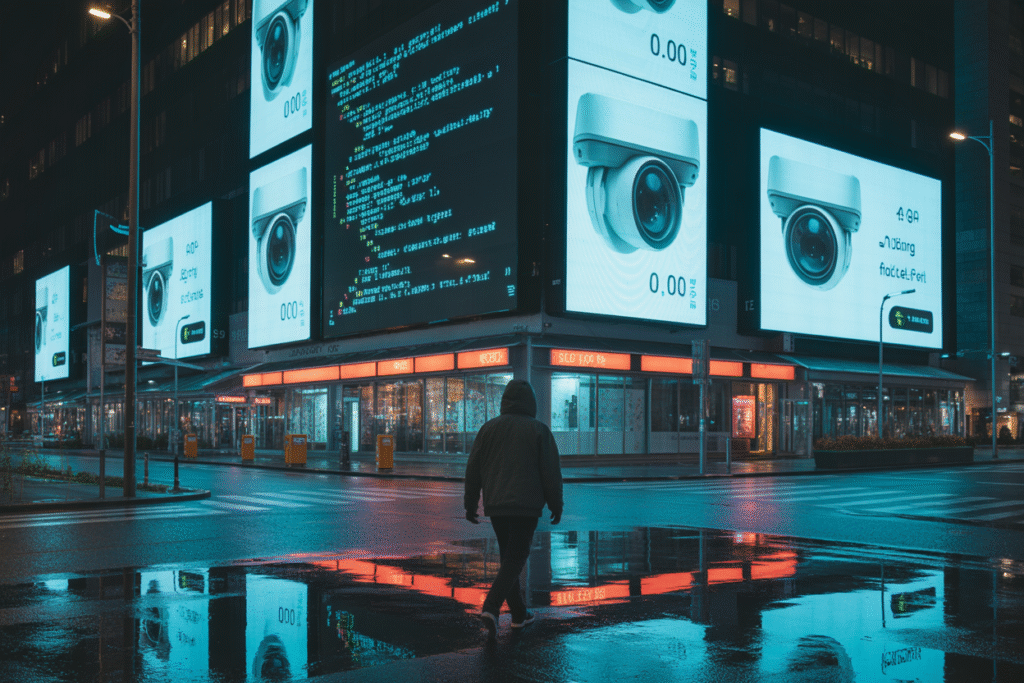From market mania to surveillance nightmares, here’s why the AI ethics debate is exploding right now.
Scroll your feed for five minutes and you’ll trip over another “game-changing” AI breakthrough. But beneath the buzzwords lies a darker story—one of bubbles, burnout, and Big Brother. Let’s pull back the curtain on the five hottest flashpoints nobody can stop talking about.
When AI Hype Signals the End of the Party
Picture this: Bitcoin flirts with six figures, meme stocks double overnight, and every headline screams AI will reinvent reality itself. Sound familiar? That’s exactly what veteran investors are calling the final encore of the current bull run.
They point to Palantir trading at a 500-plus P/E, Chamath reviving SPACs, and IPO pops that feel like 1999 on fast-forward. The common thread? AI hype is the loudest drum in the parade.
So what happens next? History says parabolic rallies end in tears. If AI can’t deliver trillion-dollar profits fast enough, the correction could vaporize jobs, savings, and trust in tech all at once.
Key takeaway: the louder the hype, the closer we are to the cliff edge.
Builder Burnout in the Age of Daily Disruption
Imagine shipping a feature on Monday only to learn a rival dropped a better version on Tuesday. That’s life for indie devs riding the AI rocket.
A lead designer at Cursor.ai recently admitted the pressure feels relentless. Every new model promises to obsolete last week’s code, turning Twitter into a panic room of “did you see the latest paper?”
The antidote? Step back and remember why you started building in the first place. Tools should serve human problems, not the other way around.
Still, the ethical dilemma lingers: democratized AI empowers small teams, but it also risks burning them out and widening the gap between haves and have-nots.
Surveillance State Lite—Coming to a Timeline Near You
One viral post sketched a chilling alternate 2025: a Harris administration quietly weaponizes ChatGPT into a domestic spy engine. Open-source AI gets throttled, social feeds are scrubbed, and dissent is predicted before it happens.
Whether or not you buy the partisan framing, the underlying fear is bipartisan. Palantir contracts, predictive-policing drones, and camera networks already blur the line between safety and stalking.
The stakes? A single policy shift could turn today’s helpful assistant into tomorrow’s all-seeing eye. And once the infrastructure exists, rolling it back is nearly impossible.
Bottom line: every shiny new model is also a potential surveillance upgrade.
Hypocrisy in High Places—Who’s Watching the Watchers?
Alex Jones spent years railing against deep-state AI snooping—then cheered when the same tech targeted his political foes. The flip-flop went viral for a reason.
It exposes a bigger truth: both red and blue teams love surveillance when it’s aimed at the other side. Meanwhile, companies like Palantir quietly ink fresh government contracts and expand facial-recognition trials.
The ethical knot tightens when you realize these systems often misidentify minorities, spark false arrests, and erase jobs once held by human analysts.
If we don’t call out the hypocrisy now, the next scandal won’t be partisan—it’ll be personal.
Creepy or Cool? The UX Tightrope Every Product Walks
Ever had Netflix recommend the perfect show right when you needed comfort food for the brain? Delightful. Now imagine it suggesting a breakup playlist before you’ve told anyone you’re single. Creepy.
That razor-thin line is where most AI products live today. One extra data point can flip user joy into user revolt.
Smart teams are baking in kill switches, plain-English privacy labels, and opt-out toggles that actually work. The goal isn’t less data—it’s more agency over how it’s used.
Because in the long run, trust beats personalization every single time.


